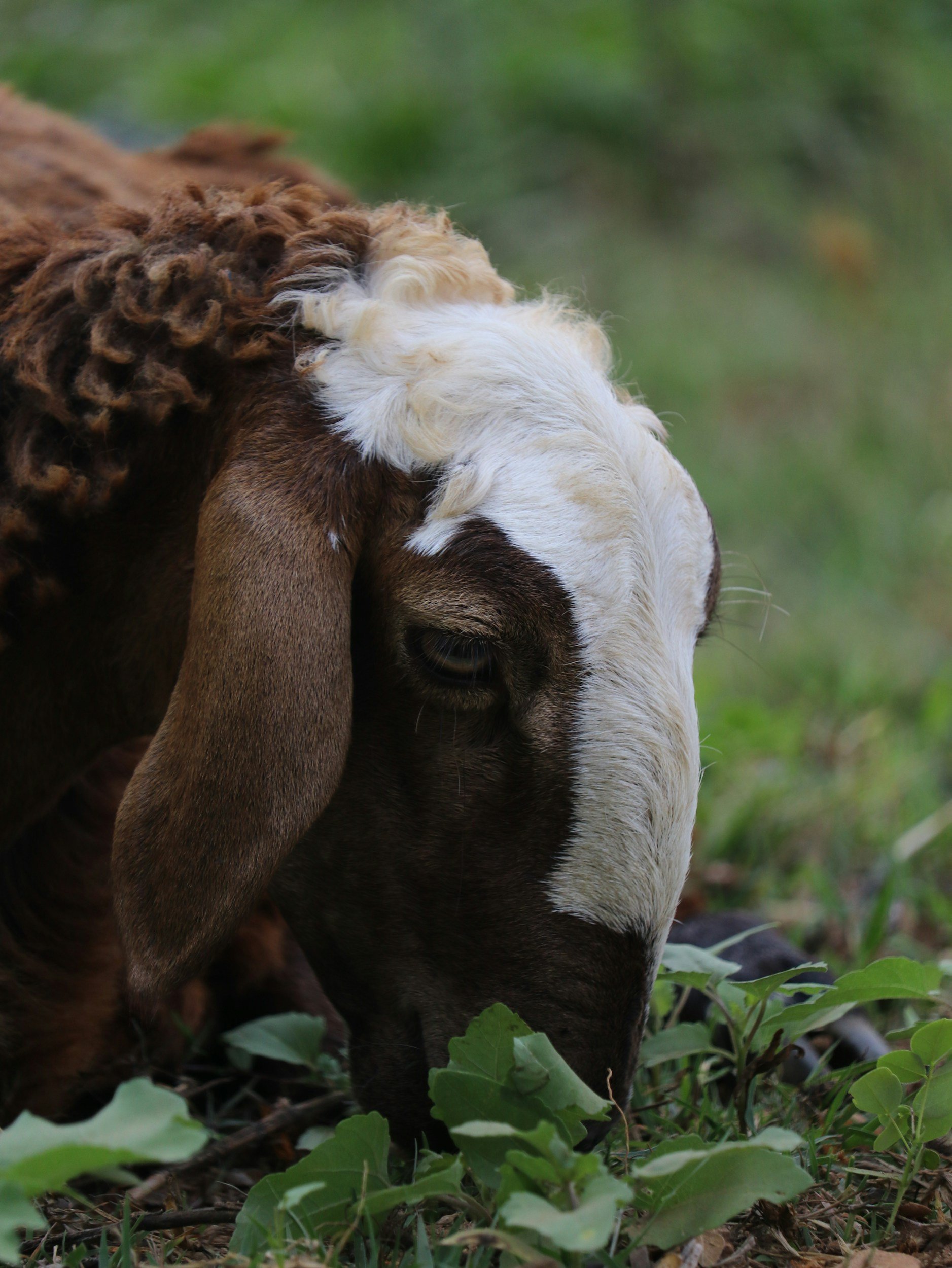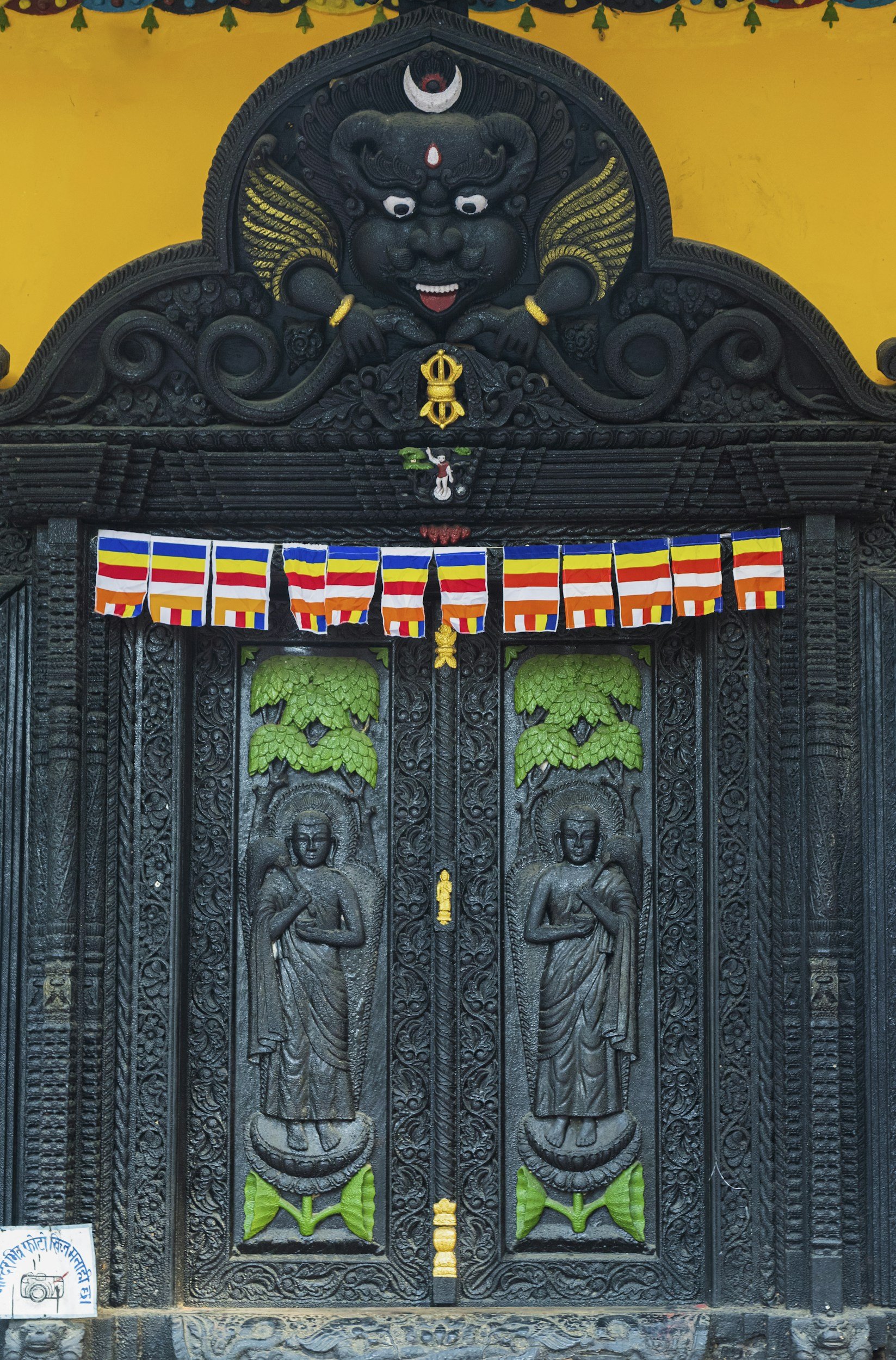Why Hawks Stay Out of Sight During Rainy Seasons
Listen to this story 👇🏾
Long ago, in the time when the world was still young and the skies were a playground for spirits, there was a terrible famine on earth. The rivers had dried up, the fields were cracked and barren, and the people were desperate for rain. They prayed day and night, offering sacrifices to Chukwu, the supreme god, begging for mercy.
Moved by their suffering, Chukwu decided to send rain to end the famine and restore life to the earth. But this was no ordinary task. The rain had to be delivered carefully and precisely, so it wouldn’t overwhelm the land or wash away the crops that had managed to survive.
Chukwu called upon Egbe, the hawk, known for his speed, strength, and sharp vision. Egbe was proud to be chosen for such an important mission and promised to carry the parcel of rain to earth without fail.
Chukwu handed Egbe a beautifully crafted calabash, sealed tightly with divine leaves and ropes woven from the finest strands of silk. Inside this calabash was the rain, a gift of life that would end the suffering of the people below.
“Egbe,” Chukwu said in a voice that rumbled like distant thunder, “fly swiftly and carefully. Do not let the parcel open until you reach the earth, for if it opens too soon, the rain will be uncontrollable, and great harm will come to the world.”
Egbe nodded solemnly, understanding the gravity of the task. He spread his powerful wings and took off into the sky, the calabash of rain held firmly in his claws. The winds sang around him as he soared high above the clouds, determined to complete his mission.
As Egbe flew, he couldn’t help but feel a sense of pride and curiosity. He wondered what the rain looked like inside the calabash. The thought of the life-giving water intrigued him. Perhaps just a small peek wouldn’t hurt?
But he quickly shook off the temptation, reminding himself of Chukwu’s warning. He flew on, the earth below him growing larger as he descended. However, as the journey continued, the calabash became heavier, and his curiosity grew stronger.
Finally, unable to resist any longer, Egbe decided to take a tiny peek. He carefully loosened the rope around the calabash, just enough to glimpse inside. But the moment he did, a powerful surge of water burst forth. The rain, eager to fulfill its purpose, spilled out of the calabash in a torrent.
Egbe tried desperately to close the calabash, but it was too late. The rain poured out, more and more, until it flooded the earth below. Rivers overflowed, homes were swept away, and the people who had prayed for relief found themselves caught in a deluge.
Terrified of what he had done, Egbe quickly sealed the calabash, but the damage was already done. The earth was flooded, and Egbe knew that Chukwu would be furious. He had failed in his mission, and the consequences were devastating.
In his shame and fear, Egbe flew high into the sky, far away from the earth. He knew that Chukwu’s wrath was something to be feared, and he didn’t dare face it. From that day on, Egbe, the once proud hawk, became a creature of caution.
During the rainy seasons, when the skies darken and the rains fall once more, Egbe hides himself from view, staying out of sight in the dense forests and mountain crags. He fears that Chukwu might remember his failure and punish him for the floods he caused.
And so, to this day, the hawks stay hidden during the rainy season, only returning to the open skies when the storms have passed, and the earth is dry once more. It is a reminder of the consequences of giving in to temptation and the importance of following the tasks given by the divine with care and diligence.
The End.
Lessons from the Story
The Importance of Responsibility: Egbe’s failure to carry out Chukwu’s task properly reminds us that with great responsibility comes the need for great care. When entrusted with important duties, one must be diligent and avoid distractions.
The Power of Nature: The story also highlights the power of nature and how it must be respected. The rain, which was meant to be a blessing, became a curse when not handled properly.
Learning from Mistakes: Finally, Egbe’s decision to hide during the rainy season shows that he learned from his mistake, albeit in a way driven by fear. It suggests that while mistakes can have lasting effects, growing and learning from them is important.
What other lessons can you point out from this story? Let us know in the comment section below. Yagazie!























